Of a dashing political rival, François Mitterrand once remarked:
He was more intelligent than I was, he thought faster than I did, he was more seductive to women. In some ways, he gave me a complex. But he lacked perseverance.
The man of whom Mitterrand spoke was a certain Félix Gaillard, whose claim to fame during the Fourth Republic was to become France’s youngest ever prime minister at the age of 38. He lasted barely five months in the job (1957–58) and was never heard of again. As Philip Short — who has previously written works on Mao and Pol Pot — makes mordantly clear in his well-rounded, albeit meandering biography, Mitterrand’s career path to the summit of French politics was an altogether more tortuous and drawn out affair.
Short, who was the BBC’s correspondent in Paris in the 1980s for ten years of Mitterrand’s presidency and interviewed him several times, describes ‘a gifted, devious man, part visionary, part pragmatist, who when he was not shooting himself in the foot could run rings around his political opponents.’
As France’s first popularly elected socialist president (1981–1995), Mitterrand showed that the left could be a viable alternative to the hegemony of the right. To his credit, he abolished the death penalty, reduced the centralised power of the state, helped to anchor a united Germany within the European community and combined with Margaret Thatcher to bring about the channel tunnel. On the debit side there was a mismanaged economy with a whopping trade deficit, a lot of indecisiveness over Rwanda and Bosnia, under-the-table dealing with Middle Eastern terrorists and a number of dodgy friendships which did not speak well for his probity.
The bourgeois son of Catholic, right-wing parents from Jarnac, a small commune in south-western France, Mitterrand, for all his alleged erudition, was by no means a child prodigy — his deficiency in maths, science and English meant he had to repeat a year at school.
It was something he was very careful to camouflage as he climbed the greasy political pole, as was his failure to pass the course for officer cadets at the military college at Saumur. He studied law without much passion, and dreamed of becoming a writer, but he was realistic enough to see that his talents lay elsewhere.
Perhaps he would have made a good crook. As a PoW in Germany he was recognised as a talented counterfeiter and created a dozen or more sets of false papers. He was also highly imaginative, and brave to boot, qualities which came in handy when, on his third attempt, he escaped his captors and sneaked back into France.
Never one to be hamstrung by ideology. he spent much of the war flitting between Vichyiste and Resistance camps. He finally came out for the Resistance in the summer of 1943 and distinguished himself in the eyes of de Gaulle. Indeed. it is the great general’s shadow that hangs over the first half of this book, and though Short outlines Mitterrand’s fascination for the older man he steers away from a pertinent psychological reading of the situation.
Mitterrand was clearly obsessed with what de Gaulle stood for, which was namely in his eyes ‘mastery over oneself, which meant mastery over history’. When de Gaulle returned to power in 1958, Mitterrand, thrusting with all the Oedipal thrill of a patricide, cried coup.
In his polemic essay Le Coup d’Etat Permanent, Mitterrand asked: ‘What is the Fifth Republic if not the possession of power by one man?’ Precisely; and how much more exciting was this than the Fourth Republic, where presidential power was largely symbolic and not the people’s to bestow.
Sniffing an opportunity, Mitterrand, who had already been several times a minister, underwent his own personal revolution by setting himself up against de Gaulle and veering dramatically to the left of the political spectrum. ‘Mitterrand did not become socialist,’ mocked the socialist leader Guy Mollet. ‘He learned to speak socialist.’
His ambition knew no bounds. He realised, as Short puts it, that
what was needed was not a dog’s breakfast of parties spanning the whole of the centre ground, but unity on the left, which meant coming to terms with the communists.
To do this Mitterrand did what he had always attempted to do with varying degrees of success, namely to ape de Gaulle by forging unity not around a programme but around his person. But his singular problem was his slipperiness. He couldn’t be trusted: not as a husband, nor even as a lover, certainly not as a politician. In any other country than France it’s debatable whether Mitterrand would ever have recovered from the infamous Observatory Affair in which, with his political career in the doldrums, he hatched a headline-grabbing attempt on his own life.
Perhaps more than any other character trait, what comes across in Short’s biography is not so much a man of ambiguity (Mitterrand revelled in nicknames like the Sphinx and the Florentine) but one who was an arch opportunist. ‘I believe in the symbolic force of acts,’ he once said, and his life was peppered with attention-seeking gestures which ranged from sending a wreath to the loathsome Pétain’s grave on each anniversary of his death to flying into Sarajevo while it was under siege from the Serbs.
But above all Mitterrand knew about perseverance. When he was finally elected the fourth president of the Fifth Republic on 21 May 1981 — after two previous failed attempts and almost 40 years of active political life — six months into his first mandate he discovered he had prostate cancer. His doctor gave him a matter of months to live. By the time he handed over the keys of his office to Jacques Chirac 14 years later Mitterrand had outlasted every French head of state since Napoleon III.
Now that’s staying power
Got something to add? Join the discussion and comment below.
Get 10 issues for just $10
Subscribe to The Spectator Australia today for the next 10 magazine issues, plus full online access, for just $10.
Available from the Spectator Bookshop, £23.95. Tel: 08430 600033
You might disagree with half of it, but you’ll enjoy reading all of it. Try your first month for free, then just $2 a week for the remainder of your first year.

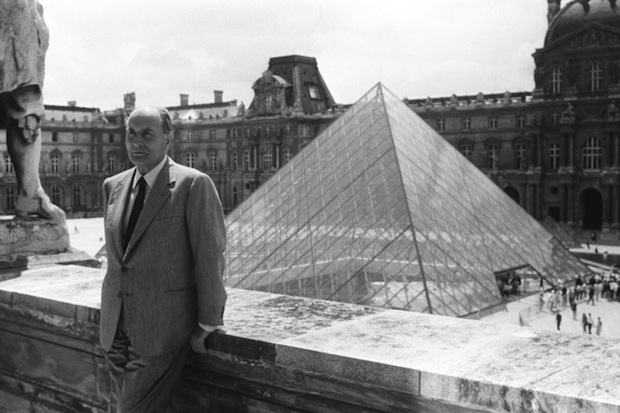
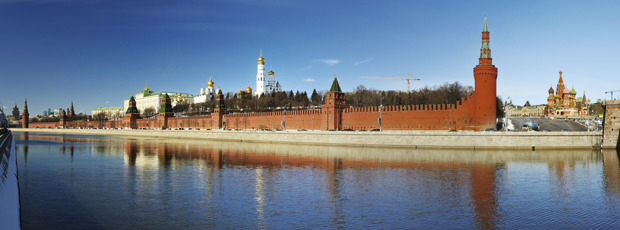
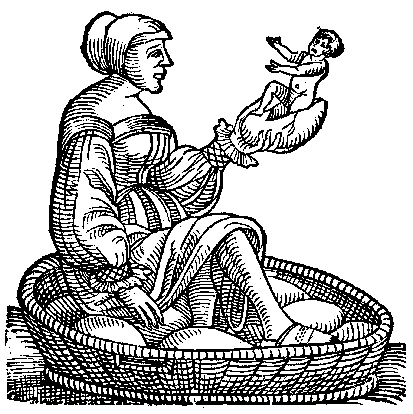
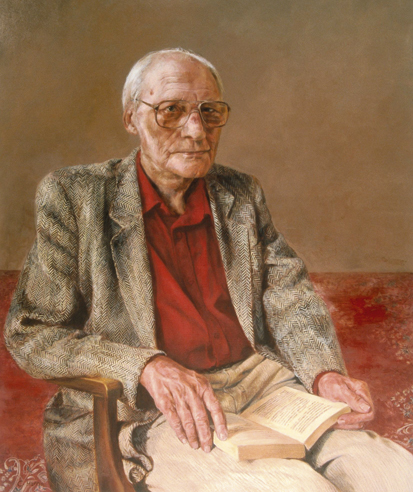

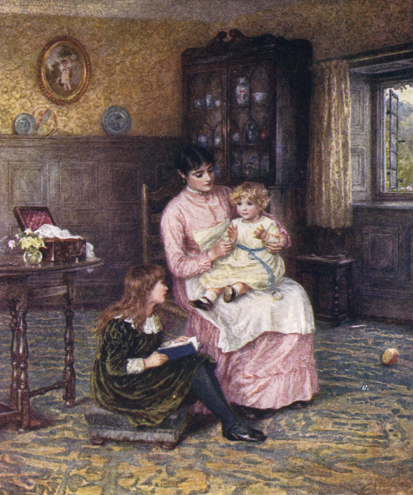
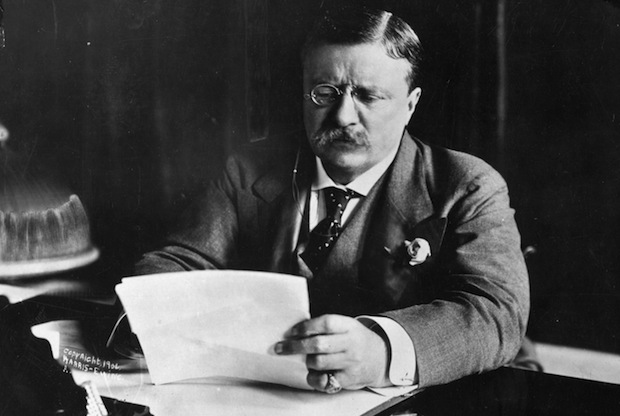






Comments
Don't miss out
Join the conversation with other Spectator Australia readers. Subscribe to leave a comment.
SUBSCRIBEAlready a subscriber? Log in